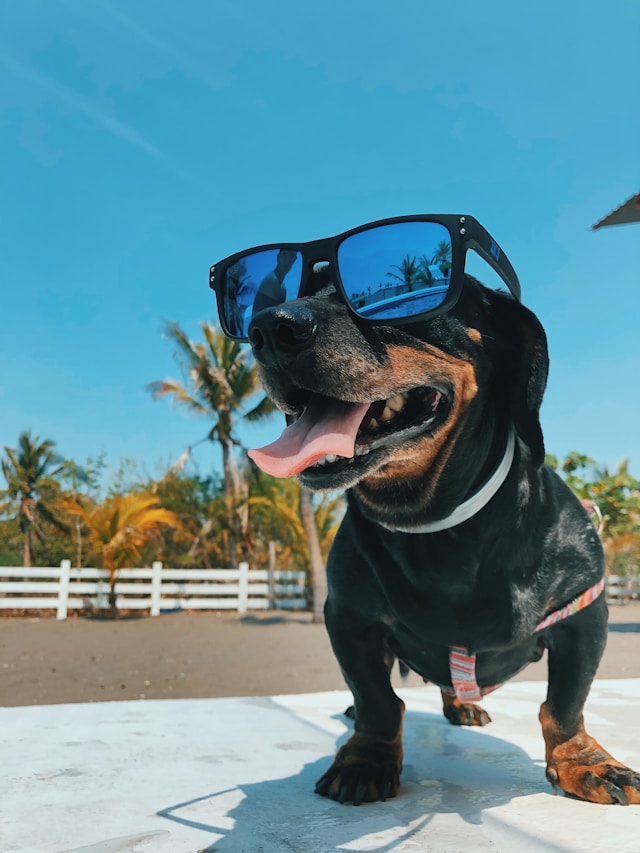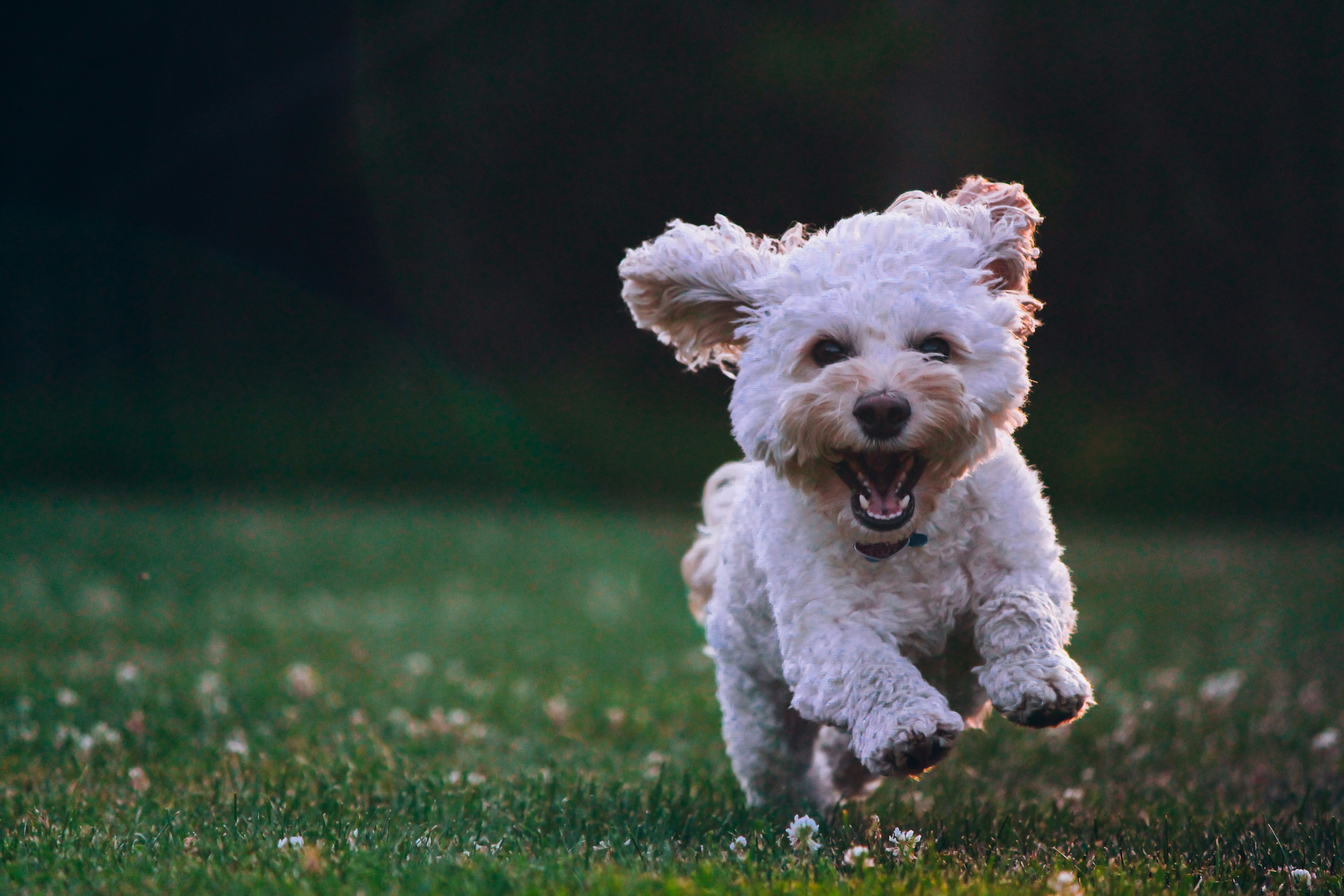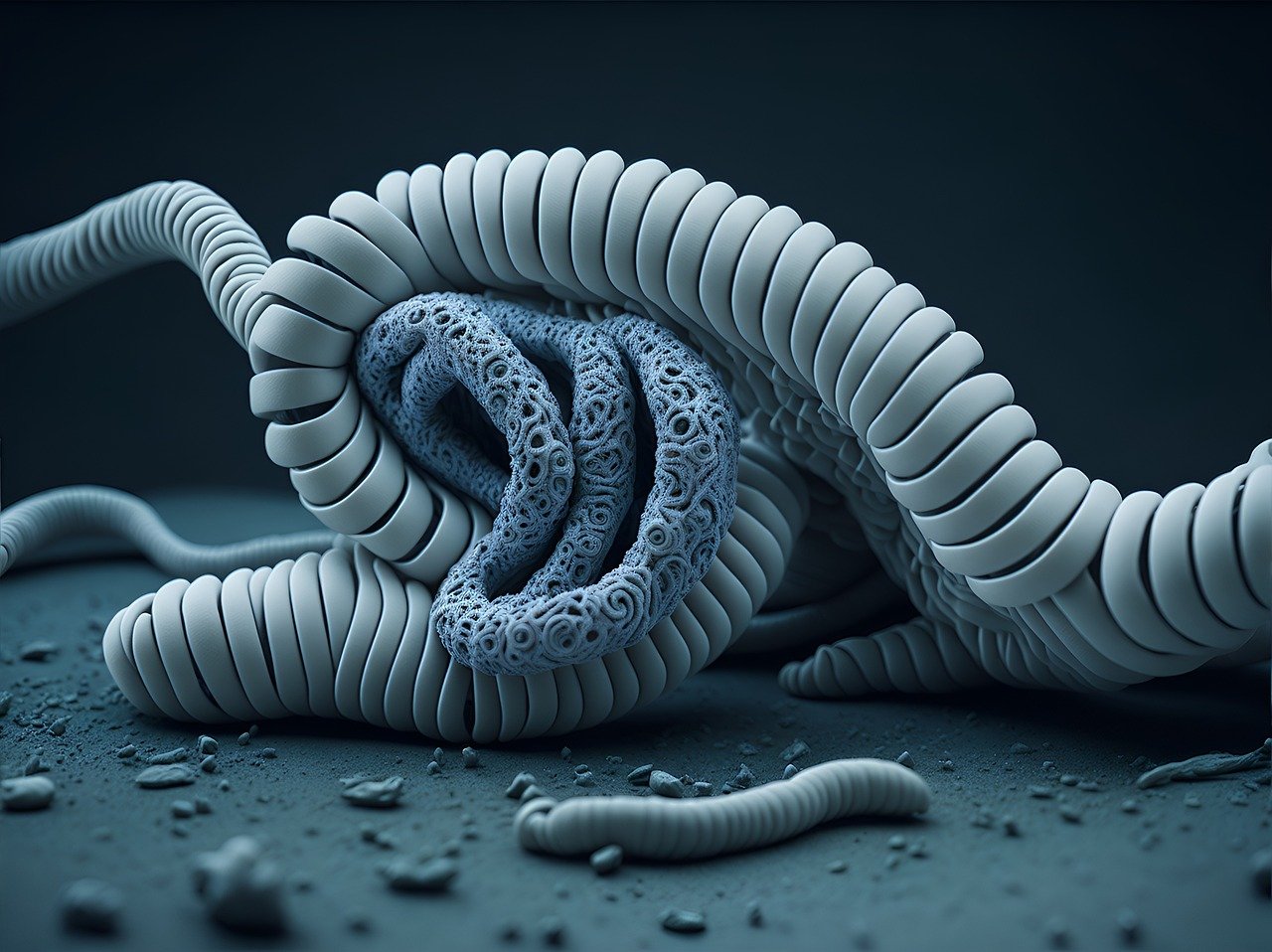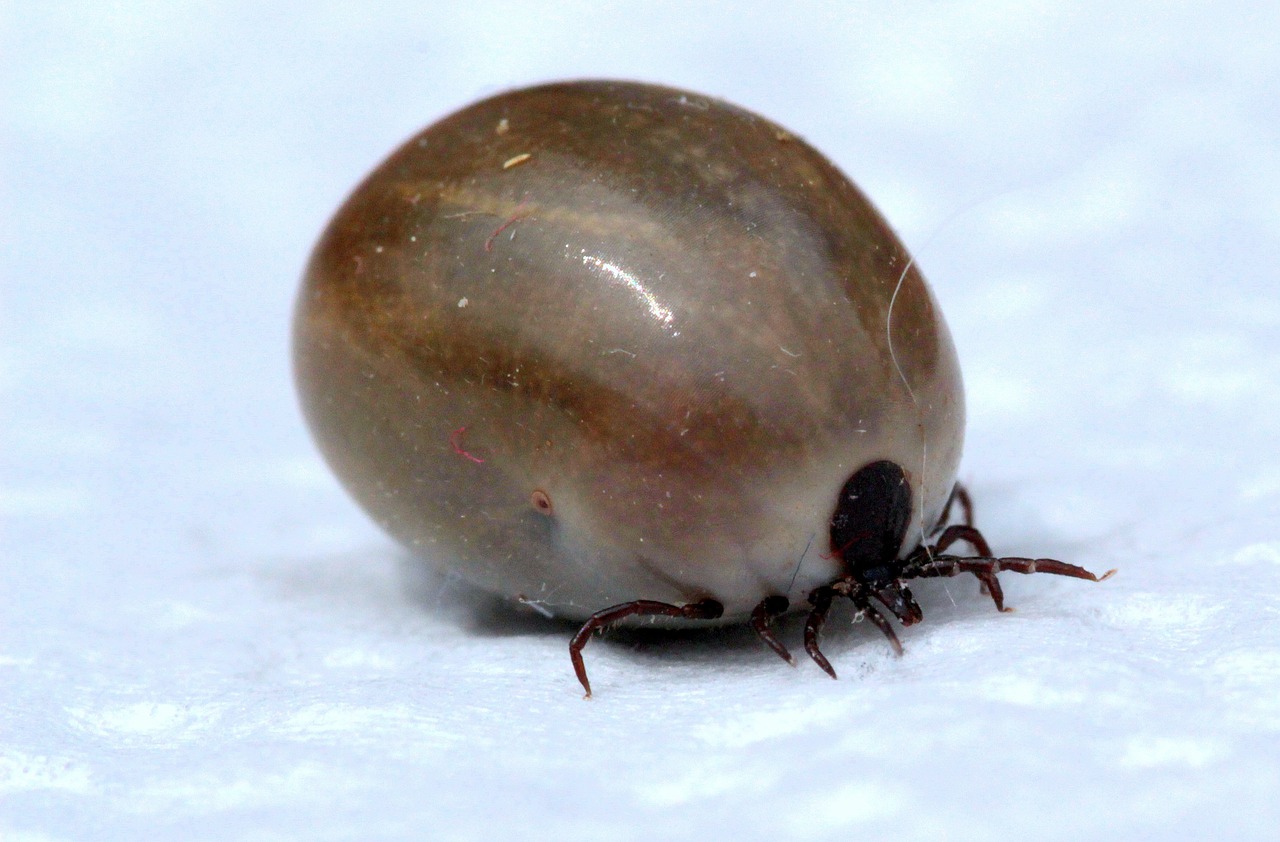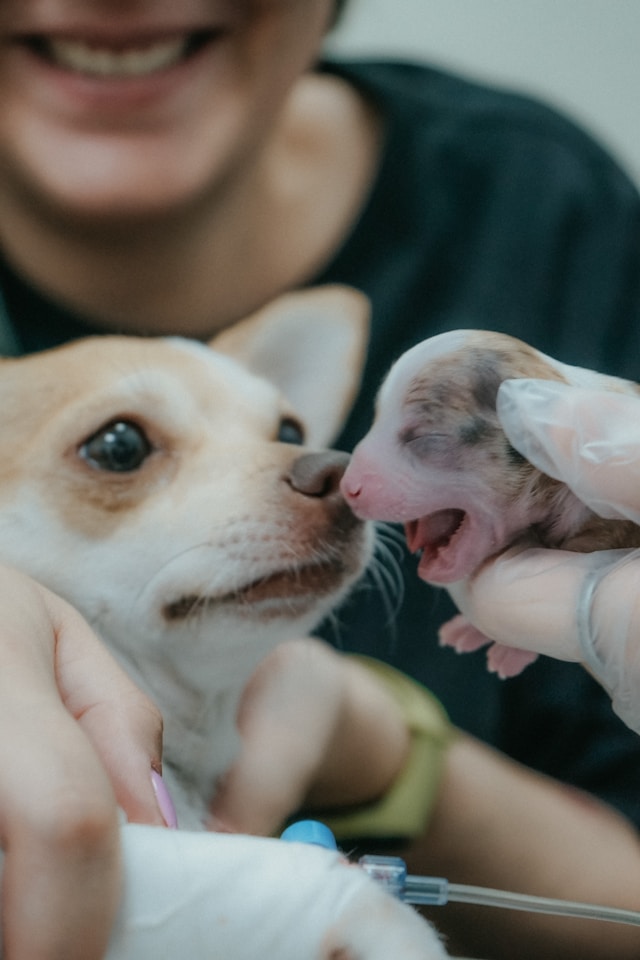Bichon Frise
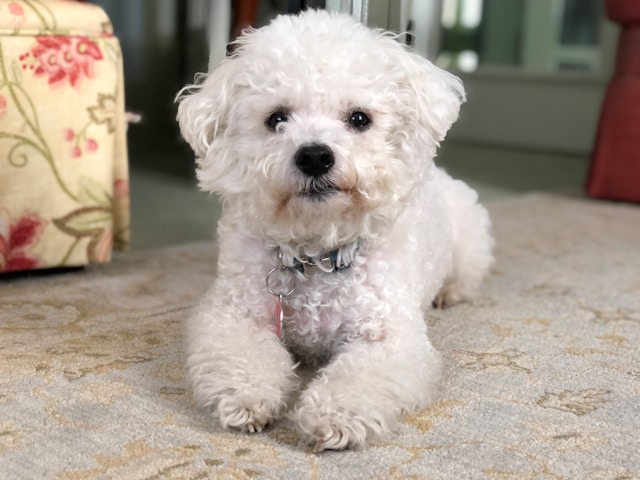
| Official Name | Bichon Frise |
| Common Name | Bichon Frise |
| Pet Height | 9 to 11 inches |
| Pet Weight | 12 to 18 pounds |
| Lifespan | 14 to 15 years |
| Good With | cats, children, dogs, families, seniors |
| Temperament | friendly, outgoing, playful |
| Intelligence | high |
| Shedding Amount | infrequent |
| Exercise Needs | medium |
| Energy Level | active |
| Vocal Level | infrequent |
| Drool Amount | low |
| Breed Group | non-sporting |
| Breed Size | small (0-25 lbs.) |
| Coat Length | curly, short |
| Colors | cream, white |
| Patterns | bicolor |
| Other Traits | apartment-friendly, easy to train, good for first-time pet owners, hypoallergenic, requires lots of grooming |
With a happy and carefree nature, it's no wonder this breed, which hails from the Mediterranean islands, is so fun-loving and easygoing. Bichons make the perfect companions for families, elderly couples, and just about anyone.
The Bichon Frise (pronounced BEE-shon Free-ZAY) is as charming as its elegant French name suggests. Often described as the "Snow White" of dogs, this breed is beautiful and dainty and a great choice for those with allergies. They're smart and a bit cunning, quickly picking up tricks and bringing joy to everyone in the household. Weighing no more than 18 pounds, Bichons are well-suited to both apartments and larger homes.
Debbie Hollan, who has been breeding and showing Bichons for over 35 years and serves as the secretary of the Bichon Frise Club of America, describes them as "loving and delightful additions to almost anyone's home." However, she also notes their playful side, saying, "They will keep you on your toes."
Appearance
The moment you lay eyes on a purebred Bichon Frise, it's hard not to fall in love. These charming little dogs typically weigh between 12 to 18 pounds and stand around 9.5 to 11.5 inches tall. With their white coats and striking black eyes and noses, they have an irresistible look.
While no dog is truly hypoallergenic, the Bichon Frise's low-shedding fur and lack of drooling might make them a better choice for people who usually suffer from allergies around dogs. However, keep in mind that even though they don't shed much, their double coat requires regular grooming. The outer layer of their fur stands away from the body, giving them that signature fluffy, cotton ball appearance that everyone adores.
Personality
"What's not to love about this playful, friendly, and social breed?" says Sarah Hodges, an expert trainer and behaviorist with the International Association of Animal Behavior Consultants. "Bred to be entertainers, their main goal is to bring joy to people."
Bichon Frises are eager to please and quickly learn new tricks, which is why they often shine at dog shows. With a personality as soft and cuddly as their fur, they adore playing and snuggling with their human companions. Bichons also get along well with cats and other dogs as long as they still get plenty of attention from their beloved humans.
Living Needs
Bichon Frises are ideal apartment dogs due to their small size and friendly nature, but they still need plenty of playtime to burn off their energy. If they have access to a yard, they'll happily run around in circles, showing off how surprisingly fast they can move on their little legs. It's best to have a fenced-in area to prevent their bathroom breaks from turning into a game of "catch me if you can."
These dogs are not just friendly—they're also great with kids and other pets. A Bichon will feel right at home whether your home is full of people or other animals. They're happy to be part of a bustling household and are just as content to curl up on a child's lap for a nap. As long as they're getting enough attention from their family, they're easy to keep happy.
However, Bichon Frises do not handle being left alone well. They crave the company of their humans and can suffer from separation anxiety if left alone too often. These dogs need a family that can provide constant companionship. If they feel ignored or isolated, they can become very distressed, even to the point of being overly demanding of affection. A Bichon will shower their family with affection and loyalty in return for the love and attention they need.
Care
The Bichon Frise's fluffy white coat is beautiful but requires regular upkeep. To keep it looking its best, you'll need to brush it often, give your pup regular baths, and schedule visits to a professional groomer. If you skip brushing for too long, the hair can get tangled and matted, leading to uncomfortable skin problems for your dog. Besides brushing at home, a trip to the groomer every four to six weeks is essential for a bath, haircut, and nail trimming. Don't forget their dental care—brushing their teeth two to three times a week is important, and daily brushing offers even better protection against dental issues.
Bichons are energetic little dogs but don't need hours of exercise to stay happy. A couple of play sessions in the yard or with some toys each day will satisfy them. They also love showing off their smarts, so getting them involved in activities like obedience trials or agility courses is a great idea.
Training a Bichon Frise can be a rewarding experience, as they're quick learners and enjoy mastering new tricks and commands. These dogs often compete in dog shows and have a knack for performing. However, their intelligence can sometimes make them a bit crafty, as they might think they're outsmarting you. So, consistency is key when training them. Since Bichons are sensitive, using positive reinforcement rather than harsh scolding is important. A gentle but firm approach works best with this breed.
Health
When it comes to Bichon Frises, responsible breeders should provide health clearances from the Orthopedic Foundation for Animals (OFA) to ensure the dogs are free from conditions like hip and elbow dysplasia, hypothyroidism, and von Willebrand's disease, which affects blood clotting. A Bichon can enjoy a happy life for around 14 to 15 years if the parent dogs are healthy.
It's important to take care of Bichon's dental health since smaller dogs are more prone to oral issues. Regular dental check-ups can help prevent infections. Additionally, it's best to feed Bichons measured portions rather than always leaving food out. According to Traditions Vet Centers in Leonard, Texas, obesity is a significant health concern for Bichon Frises. Dental problems combined with weight gain can increase the risk of heart disease. To keep your Bichon healthy, monitor their diet and dental care closely.
Bichons are also prone to bladder infections and allergies, so if you notice signs like irregular urination or excessive scratching, consult a vet.
Exercise Requirements
These dogs aren't lazy; they just don't require as much exercise as some other dogs of the same size. Because their legs are shorter, they're usually fine with a few short walks each day. Aim to give your pet at least 30 minutes of activity each day. If you enjoy taking them for walks, try to cover about 7 miles each week.
Training
Training these pups really hinges on the bond you share. Without mutual respect, their natural stubbornness can become a bigger issue. Don't let their strong-willed nature discourage you, though—they actually love learning new things and want to make you happy. During training, offer lots of praise and avoid reacting negatively to mistakes.
Aside from their training challenges, these little dogs are excellent for first-time owners. If this is your first pup, just be ready to start with a firm and consistent approach to training. Consistency is key!
History
The Bichon Frise has a long history, dating back to the 13th century. It originated on the Mediterranean islands and belonged to the Barbican family, a group of small white dogs with similar traits and personalities. Its close relatives include the Maltese, Havanese, and Bolognese. According to the Bichon Frise Club of America, sailors who returned from the islands brought these charming dogs to Europe. The breed quickly became a favorite among European royalty. There's even a story that King Henry III had a special basket made just to carry his bichons everywhere he went.
As time went on, the bichon frise enjoyed a life of luxury until the French Revolution in the late 1700s, when the nobility—and their bichons—lost their status. Thanks to their smarts, bichons didn't disappear; instead, they found a new role in entertaining people, such as street performers and circus acts. After the world wars, French breeders worked hard to maintain the breed's standard, calling them "bichon à poil frisé," which means "bichon with curly hair." The name was later shortened to bichon frise. The breed made its way to the U.S. in the 1950s and was officially recognized by the American Kennel Club in 1972.
Fun Facts
Tori, a bichon frise from South Korea, is quite the social media star with over 300,000 Instagram followers. She even has her own wardrobe and a tiny Mercedes Benz convertible!
Interestingly, bichons have been popular for centuries. In the 18th century, the famous Spanish painter Francisco Goya included many bichons in his artwork, with one of the most notable pieces being "The White Duchess."
Get insurance plans with wide-ranging coverage options








